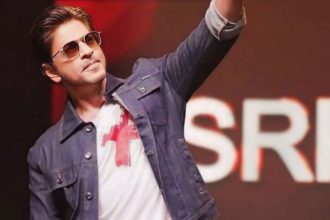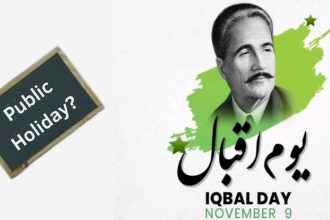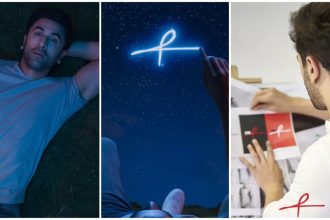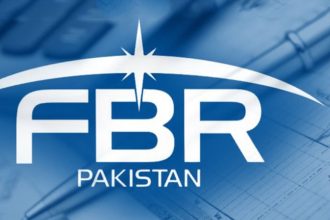One of Ukraine s biggest TV networks faced the threat Friday of being taken off air for filling its highly-rated New Year s Eve show with Russian pop songs beamed live from Moscow.
The culture minister called the festive if at-times gaudy programme “anti-Ukrainian”. The national security and defence council chief saw it as part of a Kremlin-driven “information war”.
And a Facebook campaign called for the station s Kiev office to be burned down by a group of nationalists clad in fatigues who were conducting an annual torchlight procession nearby.
But then Inter has been no stranger to controversy since it was created in 1996 with a mission to suit “all social groups” — an evident reference to the former Soviet republic s numerous Russian speakers.
Much of this notoriety stems from an ownership structure whose roots seem to run directly to the Kremlin.
Inter s controlling stake is split between a lawmaker who headed ousted president Viktor Yanukovych s Moscow-bached administration and a businessman who once traded in Russian gas.
Tycoon Dmytro Firtash — a mysterious figure who “acknowledged ties to Russian organised crime” in a US diplomatic cable cited by WikiLeaks — has been out on bail in Austria since March awaiting possible extradition to the United States.
Chicago prosecutors accuse Firtash of bribing Indian officials to secure the right to mine titanium that he intended to sell to the US aerospace giant Boeing.
Inter s other main stakeholder is Channel One, a dominant Russian state channel that accuses the Kiev government of being run by “fascists” who rose to power with the help of the US State Department and CIA.
These owners have made sure the network devotes half its time to either sitcoms produced in Moscow or Soviet-era films that appeal to older people with fond memories of Ukraine s communist past.
The channel has consequently become a lightning rod for criticism from far-right groups and — most recently — the pro-Western leaders who replaced Yanukovych after months of winter protests that Inter covered with a mixture of criticism and scorn.
– Criminal crooners –
Inter s biggest sin in the eyes of Ukraine s top officials was giving New Year s Eve airtime to Iosif Kobzon — a seemingly ageless crooner and Russian parliament member who some compare to Frank Sinatra for both his popularity and voice.
Kobzon was born in the Russian-speaking eastern half of Ukraine and has recently emerged as one of Moscow s most scathing critics of the new Kiev leadership. (AFP)
His open support of Russia s annexation of Crimea has also made him into a persona non grata in Ukraine — a status he first received from the United States in 1995 for his alleged involvement in illegal drug trafficking.
“In keeping with its tradition, Inter undermined the state by airing the concert of people who taunted our country by supporting terrorists and welcoming the seizure of Crimea,” national security and defence council secretary Oleksandr Turchynov fumed.
Ukrainian President Petro Poroshenko s spokesman tweeted that the national network must “publically answer for the anti-Ukrainian performances”.
And the country s media council planned a special January 15 meeting devoted to the culture minister s request that Inter be stripped of its licence.
Some television critics were especially upset that Inter s traditional New Year s Eve countdown to midnight featured a clock running on Moscow time.
Therefore Inter celebrated New Year when the clocks in Ukraine struck 11:00 pm.
The station itself pleaded innocence and said it fully complied with the law.
“The recent criticism of Inter is unprecedented and unjustified,” Inter said in a statement on its website on Friday.
The channel accused Poroshenko s allies of “putting political pressure on the media” and demanded that they take a more “civilised approach towards the audience and television material producers”.
Inter added that its Russian pop concert was watched by 11 million Ukrainians and had an audience share of nearly 25 percent — the best performance of any channel on the night.






